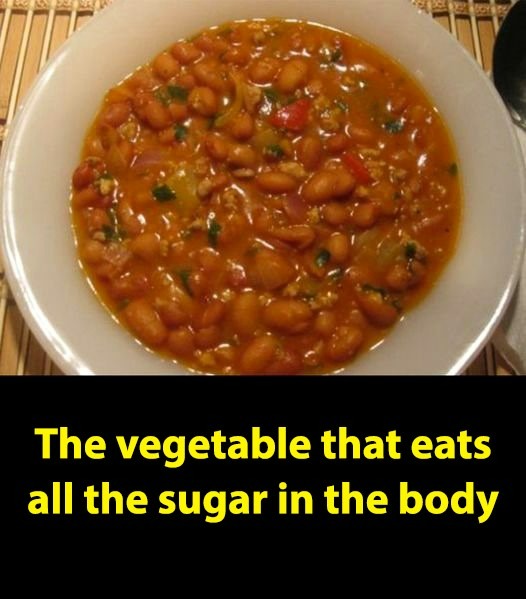2. Spinach
- Packed with magnesium, which plays a key role in carbohydrate metabolism and insulin regulation.
- Low in calories and carbohydrates, making it a nutrient-dense option.
3. Cauliflower
- A versatile vegetable that can be used as a rice or grain substitute in low-carb diets.
- Contains sulforaphane, a compound linked to improved blood sugar control.
4. Carrots
- Despite their natural sweetness, carrots have a low GI and are rich in beta-carotene and fiber.
- Great for snacking or adding to meals.
5. Zucchini
- Very low in calories and carbohydrates, yet high in water and fiber.
- Perfect for replacing higher-carb ingredients in recipes.
6. Green Beans
- Contain lectins and other compounds that may help reduce blood sugar levels.
- An excellent source of fiber and vitamins.
7. Kale
- Loaded with antioxidants and nutrients like vitamin C, which has been shown to improve blood sugar control.
- Can be eaten raw in salads or cooked in various dishes.
Tips for Managing Blood Sugar with Vegetables
- Focus on Non-Starchy Vegetables : Opt for leafy greens, cruciferous veggies, and other low-carb options instead of starchy ones like potatoes or corn.
- Pair with Healthy Fats and Proteins : Combining vegetables with healthy fats (e.g., avocado, olive oil) and lean proteins (e.g., chicken, tofu) can slow digestion and prevent blood sugar spikes.
- Eat More Fiber : Fiber slows the absorption of sugar into the bloodstream, helping maintain stable blood sugar levels.
- Cook Wisely : Steaming, roasting, or sautéing vegetables preserves more nutrients compared to boiling.
- Consistency is Key : Include a variety of these vegetables in your diet regularly for long-term benefits.
Conclusion: Nature’s Helpers Against Diabetes 🌱
While no single vegetable can “eat” all the sugar in your body or act as a magic cure for diabetes, incorporating nutrient-dense, low-GI vegetables like bitter melon, broccoli, spinach, and others into your diet can significantly support blood sugar management. Combined with regular exercise, proper medication (if prescribed), and a balanced lifestyle, these foods can empower you to take control of your health.
So next time you’re at the grocery store, consider picking up some bitter melon or other diabetes-friendly vegetables. Your body—and your taste buds—will thank you!
If you enjoyed learning about these powerful veggies, be sure to explore more ways to incorporate them into your meals. Happy cooking, and here’s to a healthier you! 🍳✨

